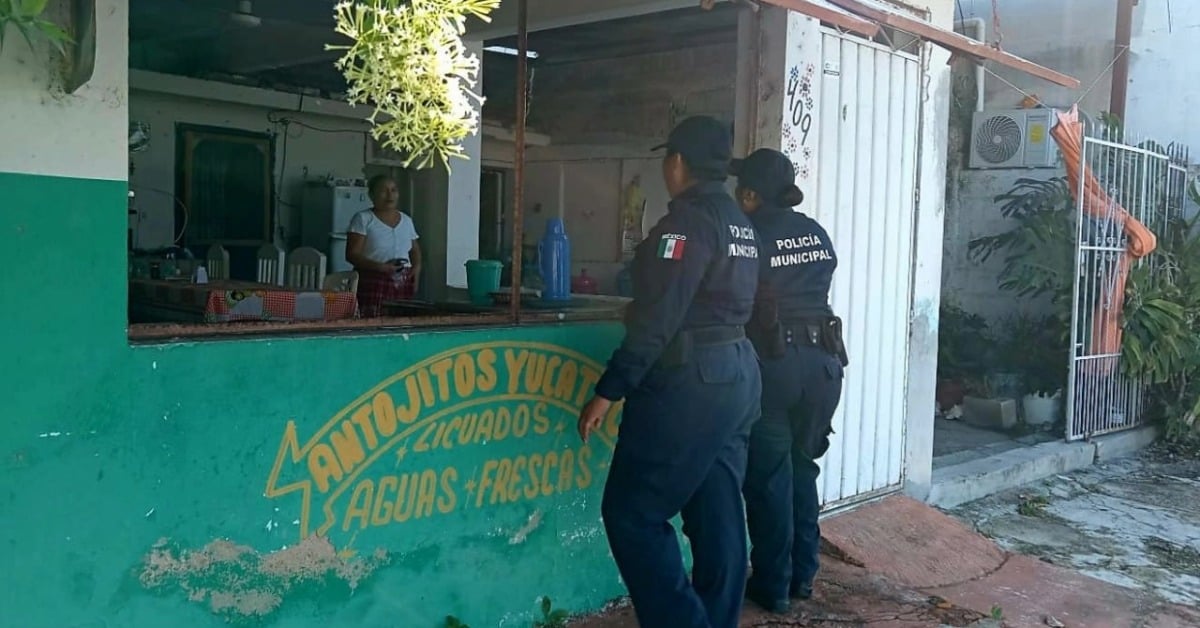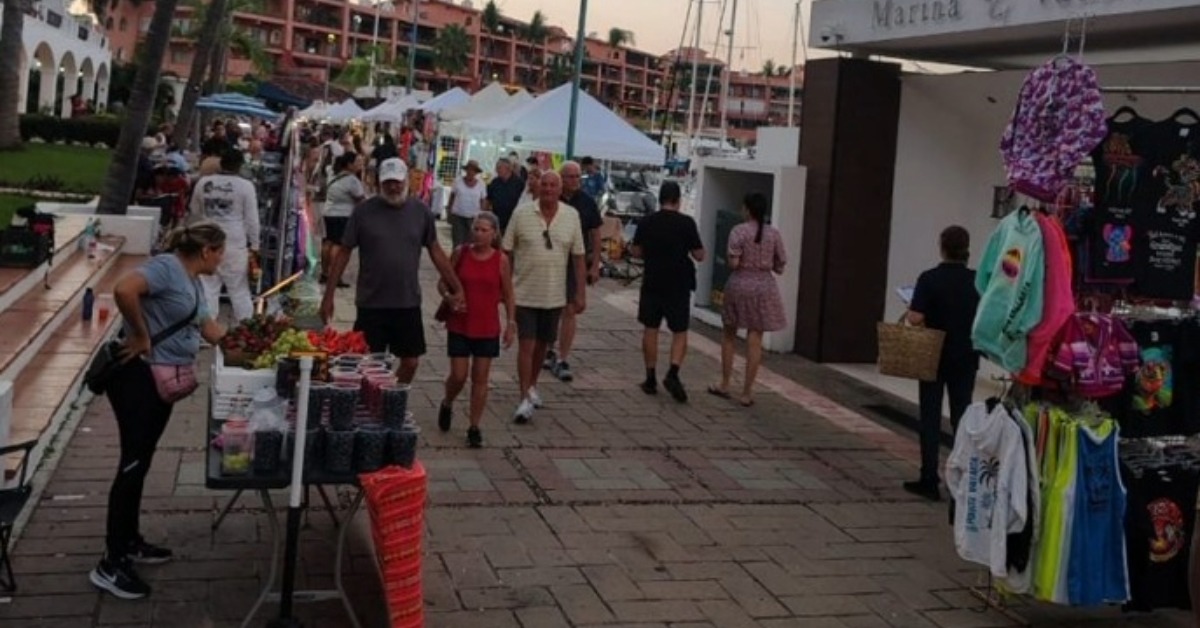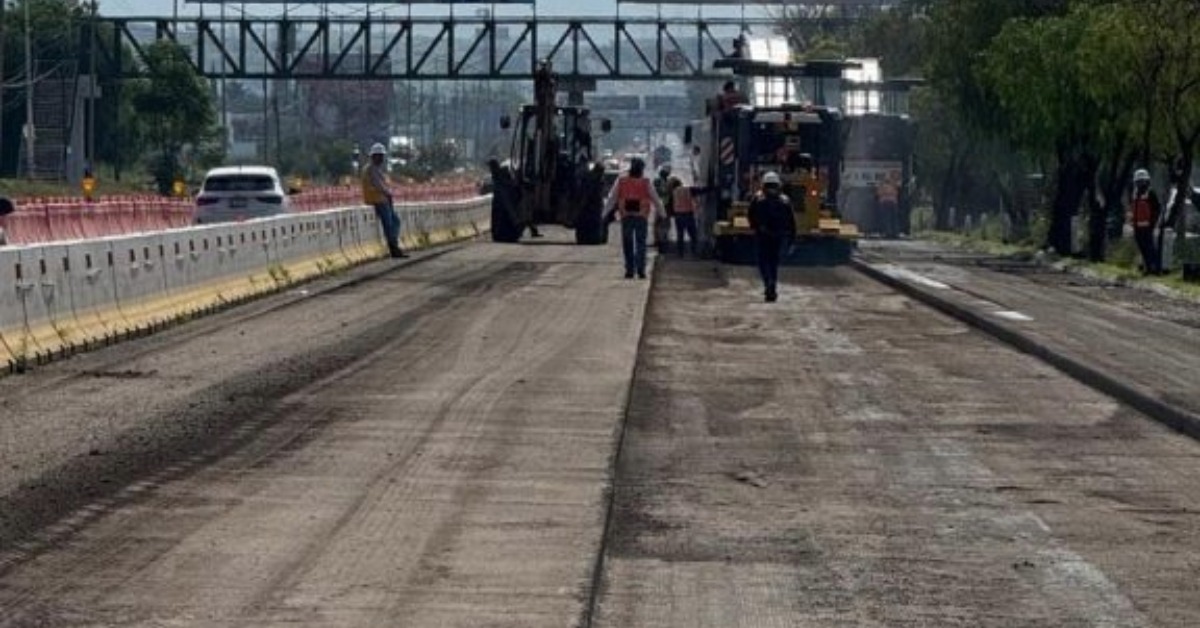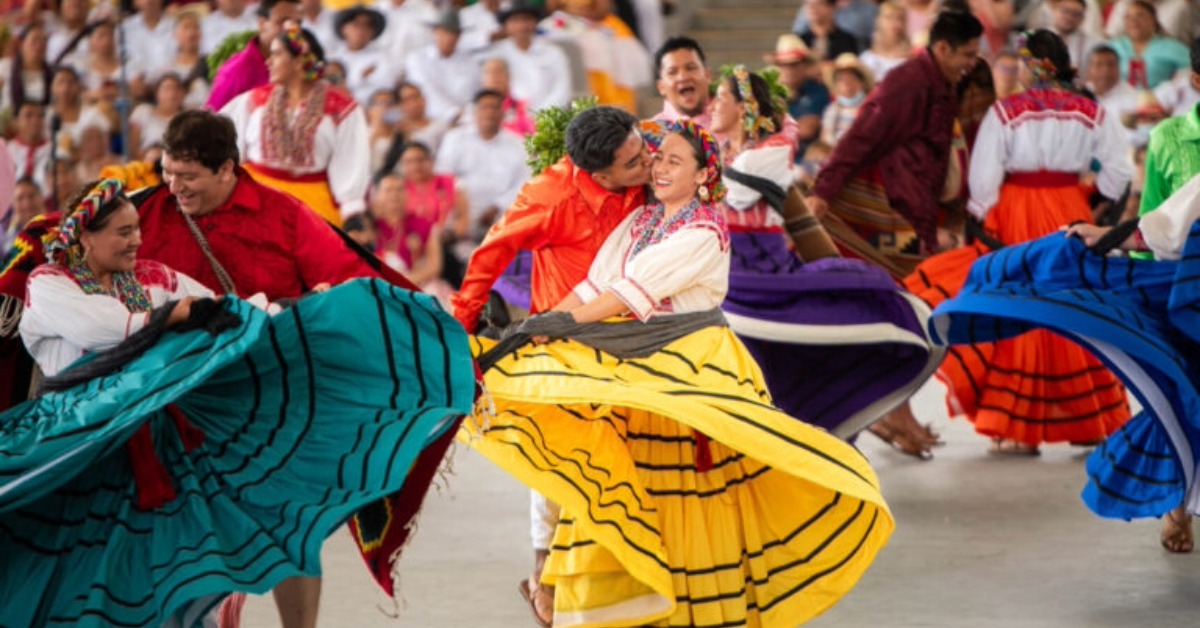In Chetumal, municipal police officers are walking the beat in a new community policing initiative. Small teams visited four neighborhoods to hear residents’ safety concerns, aiming to build trust, resolve minor conflicts, and foster a culture of peace in Quintana Roo’s capital . . .






